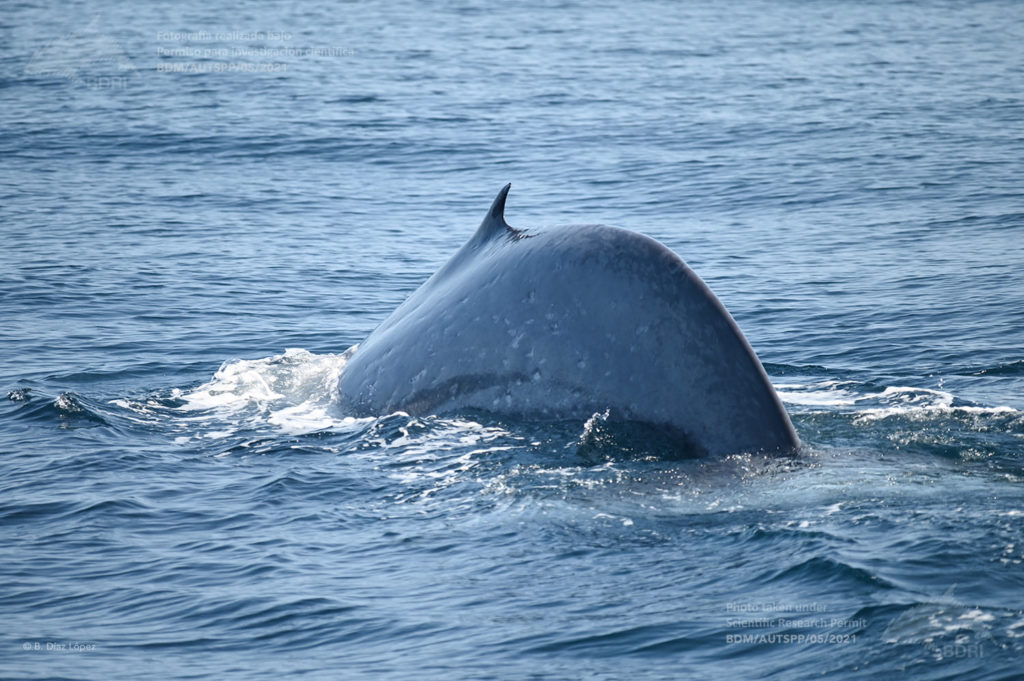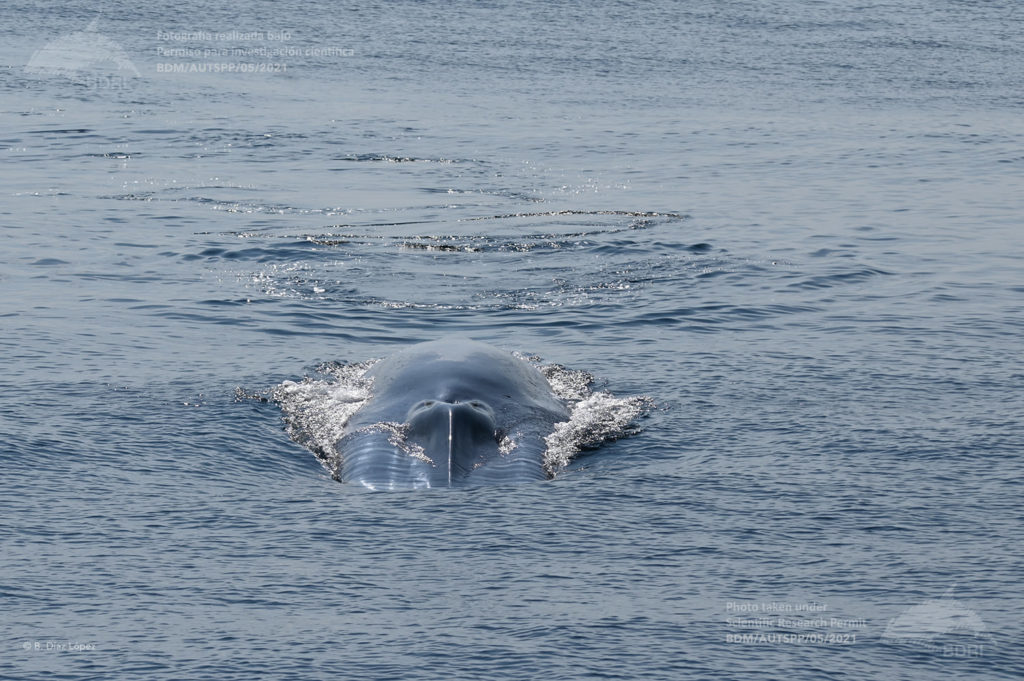VIDEO: Blue whales return to Spain after 40 years

Blue whales are returning to Spain’s Atlantic Coast after an absence of more than 40 years. The whales are thought to have disappeared due to previous aggressive whaling in the area.
According to a report by The Guardian, the first blue whale was spotted in 2017 then a second was seen in 2018, and both returned in 2020. The most recent sighting was a third whale spotted off the coast of Galicia in Spain, reported on 10 August by the Bottlenose Dolphin Research Institute (BDRI).
There used to be a dozen whaling ports in Galicia and the country finally banned the practice in 1986, when the global moratorium on commercial whaling was adopted, reports EcoWatch.
According to The Guardian, Bruno Díaz, the marine biologist who spotted the 2017 whale, says: “I believe the moratorium on whaling has been a key factor. In the 1970s, just before the ban was introduced, an entire generation of blue whales disappeared. Now, more than 40 years later, we’re seeing the return of the descendants of the few that survived.”
While the return is being celebrated by conservationists, some experts are worried this could be a casualty of climate change. “I’m pessimistic because there’s a high possibility that climate change is having a major impact on the blue whale’s habitat,” says Alfredo López, a marine biologist at a Galician NGO that studies marine mammals, told the newspaper La Voz de Galicia, according to The Guardian.
“Firstly, because they never venture south of the equator, and if global warming pushes this line north, their habitat will be reduced. And secondly, if it means the food they normally eat is disappearing, then what we’re seeing is dramatic and not something to celebrate.”

It could also be possible that the whales returned due to memory.
“In recent years it’s been discovered that the blue whale’s migration is driven by memory, not by environmental conditions,” says Diaz. “This year there hasn’t been a notable increase in plankton, but here they are. Experiences are retained in the collective memory and drive the species to return.”
It is thought that many species use this type of memory as a method of survival.











